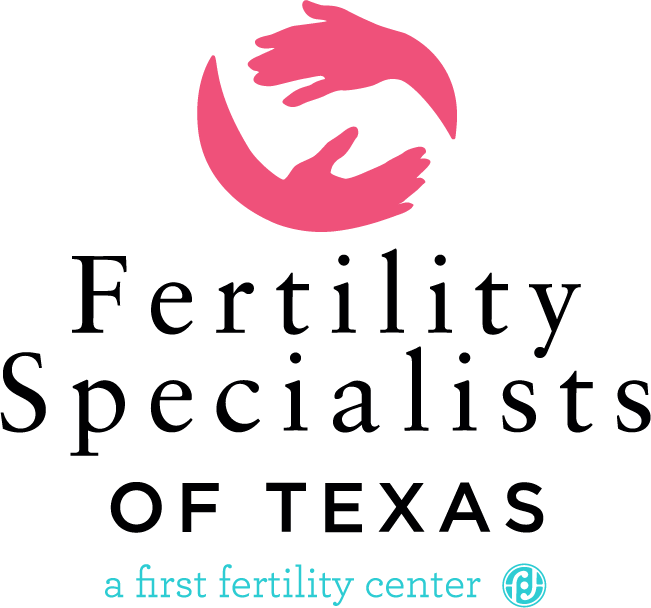
Fertility Surgery
Fertility treatments like medications and IVF are often enough to help patients become parents. However, sometimes, patients need a little extra help to conceive. When this happens, a surgical evaluation of infertility can often help identify the problem. At our Dallas-Fort Worth infertility clinic, our doctors have specialized training that allows them to use minimally invasive fertility surgery to diagnose and treat a variety of fertility issues.
There are two types of fertility surgery. The first is a laparoscopy, which can diagnose and treat endometriosis, scar tissue (adhesions), and some fibroids. The second is a hysteroscopy, which is a great way to diagnose and address issues like a uterine septum, polyps, and fibroids.
Laparoscopy is One Type of Fertility Surgery
Our Dallas-Fort Worth infertility clinic offers laparoscopy on an outpatient basis. To perform the procedure, one of our doctors makes two to three small incisions near the belly button and lower abdomen. The doctor then uses carbon dioxide to inflate the abdominal cavity so that they have more space to work.
Next, the doctor places a thin telescope and delicate instruments into the incisions. This allows your doctor to view your uterus, fallopian tubes, ovaries, and the surrounding tissues and organs.
If your doctor discovers endometriosis, fibroids, or adhesions during this surgical evaluation of infertility, he or she can treat these issues during the same procedure. A laparoscopy typically takes one to two hours, and you will recover for a few hours in the recovery area. We will send you home with pain medications and recommend that you rest for a few days before resuming your normal activities.
Hysteroscopy Can Also Help With the Surgical Evaluation of Infertility
Like a laparoscopy, your doctor will use a thin camera during a hysteroscopy. However, he or she will not make any incisions in your abdomen. Instead, they will place the camera and any surgical instruments through the vaginal opening to reach the uterine cavity.
Your doctor will use a small camera to view your uterus. If your doctor finds a uterine septum, scar tissue, fibroids, or polyps, they will treat them at that time.
After this surgical evaluation of infertility, you will rest in the recovery area before someone takes you home. You can typically expect to make a full recovery in 24 to 48 hours.
If you’d like to learn more about fertility surgery and whether it can help you have a healthy baby, contact us to schedule an appointment. The team at our Dallas-Fort Worth infertility clinic looks forward to helping you on your journey to parenthood.
Our Fertility Center Locations
Fertility Specialists of Texas proudly offers multiple fertility center locations throughout the Dallas-Fort Worth area.
